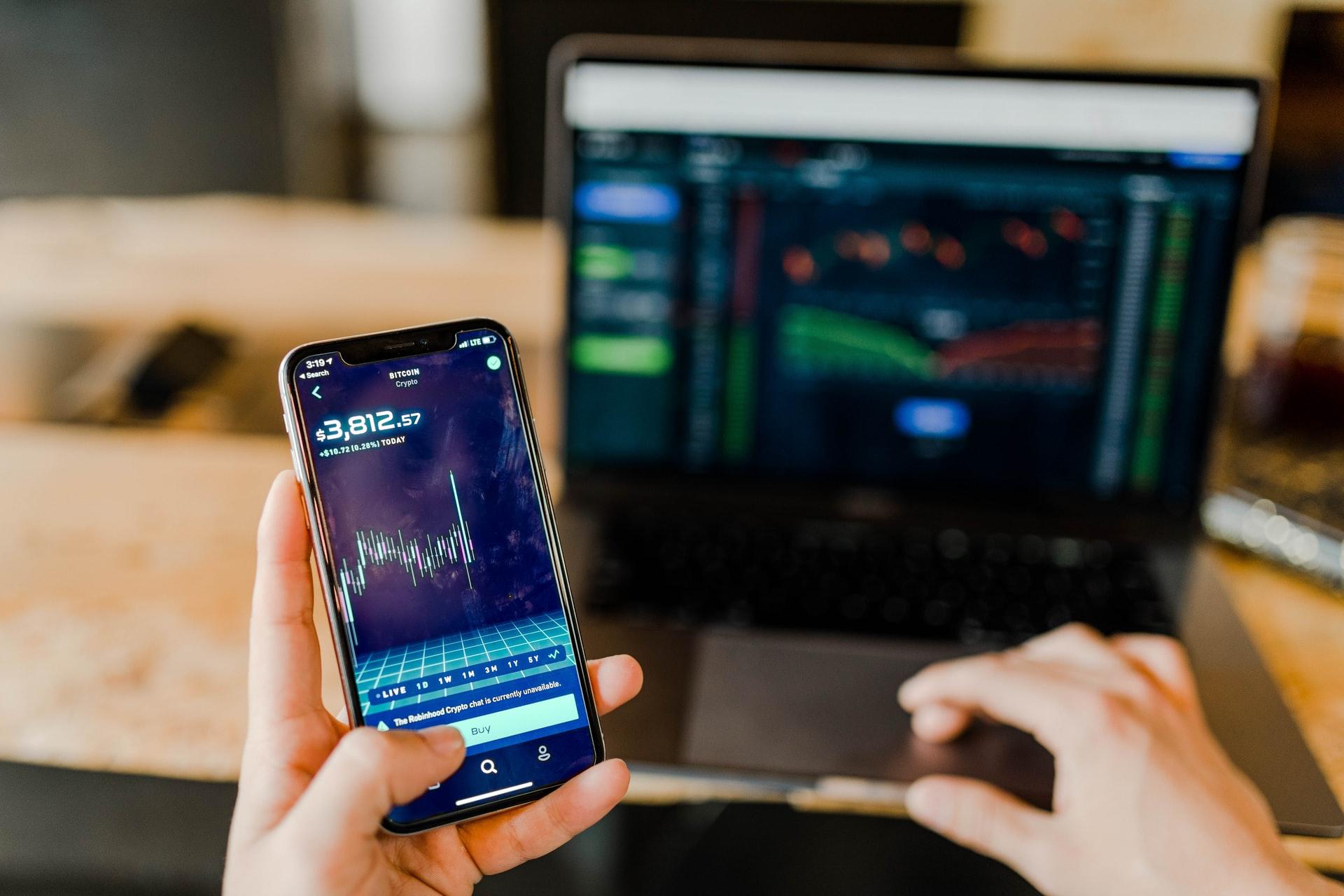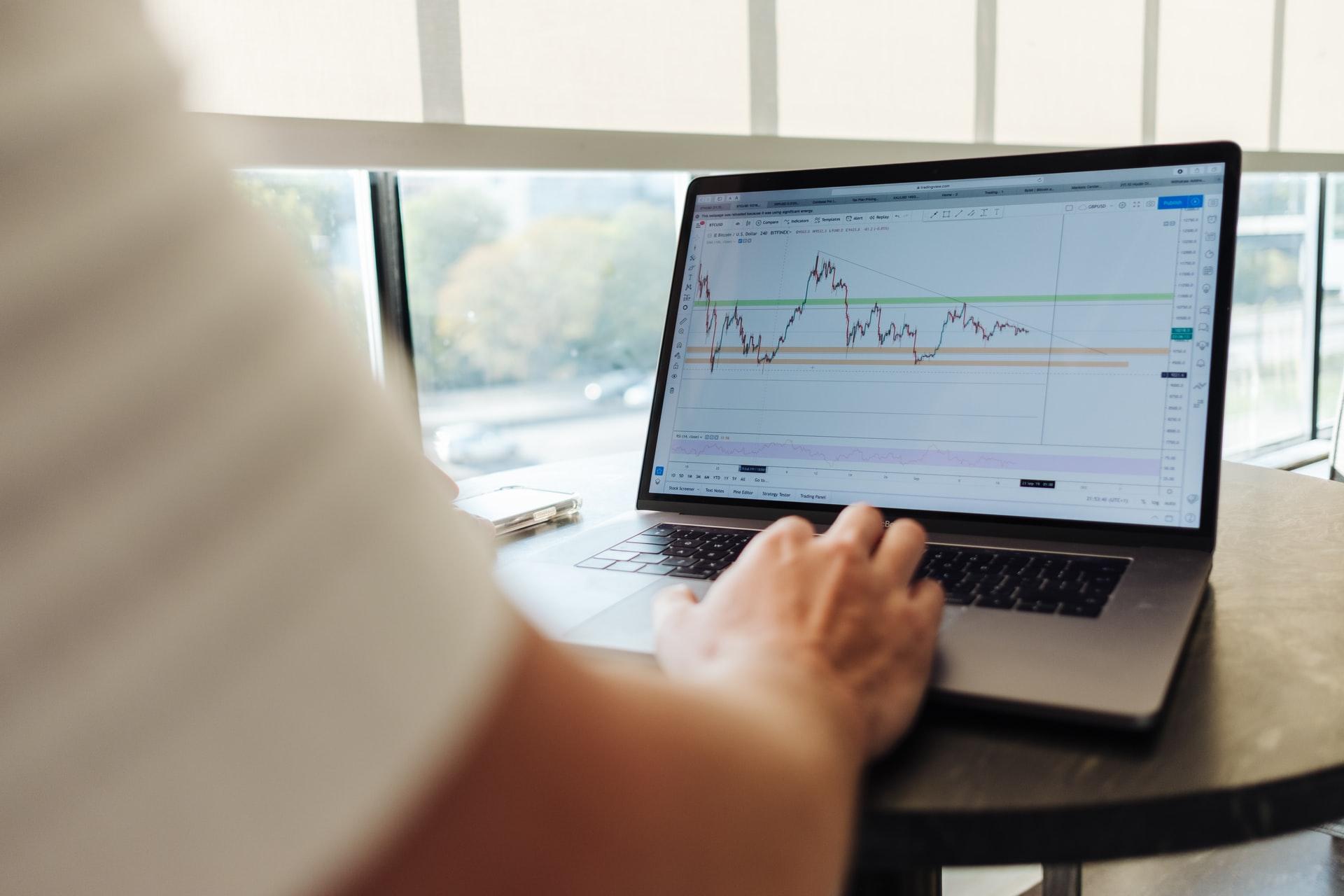What's the Best Day to Buy Stocks?
Do you want to earn higher returns? What's the best day and time for investors to buy stocks?
Nov. 24 2020, Updated 12:27 p.m. ET

If you are looking at investing in the stock market for the first time or if you are trying to expand your portfolio, what’s the best time to trade stocks to earn higher returns? Understanding the best time of day to purchase stocks and the best day of the week to purchase stocks can increase your chances of earning high profits.
One way to decide the right day to purchase stocks is to look at the market history, which will help you identify patterns. You can also examine the different times of the day that the stock market is more volatile to find out when you can invest.

What's the best day to buy stocks?
The U.S. stock markets are open for trading five days a week, excluding nine holidays a year. So, should you purchase stocks on Friday or Monday? Is it better to buy stocks in the middle of the week? Many market experts think that the first day of the week is the best day to buy stocks. It’s called the Monday Effect.
Usually, Monday afternoon is a good time to buy stocks. Historically, the stock market has had a tendency to fall on Monday. Some traders think that this is because companies purposely publish bad news on Friday after-hours or over the weekend. The reasoning behind this belief is that any negative news can cause investors to sell when the stock markets start trading on Monday. Others think that Monday’s stock price falls due to investors' gloomy attitude about having to go back to work.
However, the Monday Effect has largely disappeared, according to Investopedia. In 2018, Monday on average generated negative returns for the S&P 500. The effect was very small. Friday may be the best day of the week to sell stocks before stock prices drop on Monday.

What’s the best time of day to buy stocks?
The regular trading hours for the U.S. stock market, including the Nasdaq and the NYSE, are 9:30 a.m. to 4:00 p.m. ET. The stock market is most active between 9:30 a.m. and 10:30 a.m. ET. It offers the biggest moves in the shortest amount of time. The opening hour is when the stock market factors in all of the news releases and events since the previous closing bell. A skilled trader might be able to identify the appropriate patterns and earn a quick profit.
The first 15 minutes after the opening bell is prime time for professional day traders. This time usually provides some of the biggest trades of the day on the initial trends. Many experienced day traders stop trading at about 11:30 a.m. ET because during that time the volume and volatility tend to taper off.
The second most active time is called Power Hour, which is between 3:00 p.m. and 4:00 p.m. ET. During the last hour of the trading day, traders try to close out their positions or they might be planning to enter a late-day rally in the expectation that the momentum will continue into the next trading day.
No specific day, time, or season is a guaranteed good time to buy or sell a stock. You are advised to proceed with caution after analyzing other stock market indicators apart from your clock and calendar.
